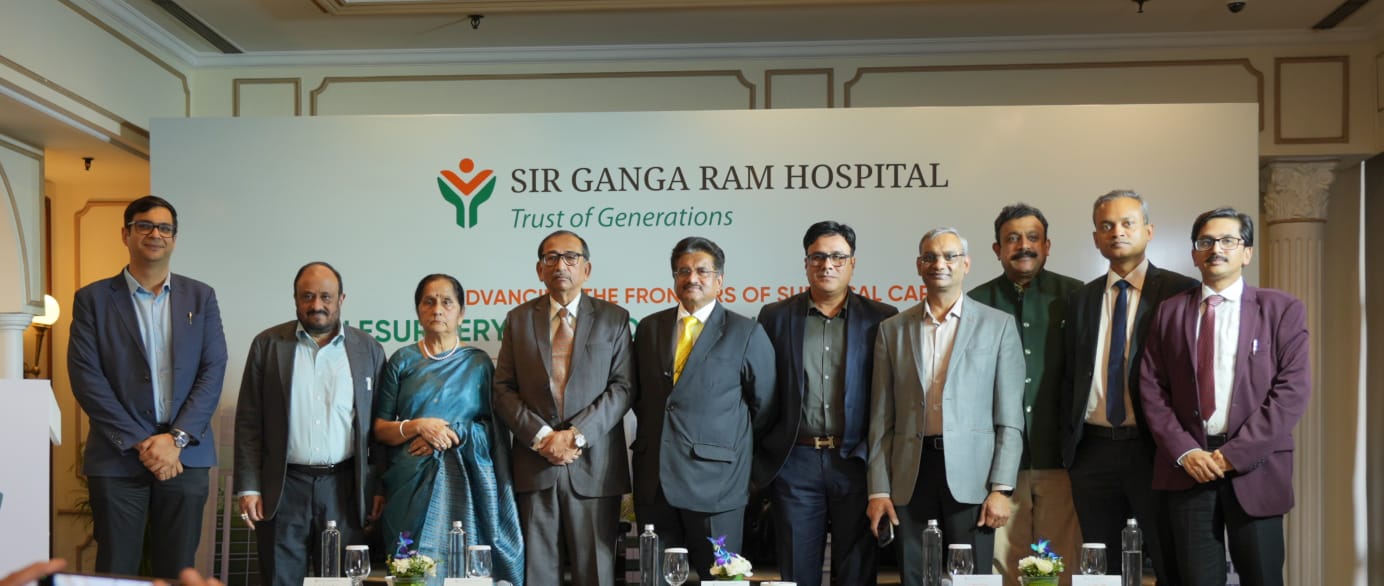

Women and Memory Loss: A Hidden Crisis
A recent study from Lucknow has raised serious concerns about elderly women’s mental health. The research shows that older women are three times more likely to experience memory loss than men. Many people think forgetfulness comes naturally with age. However, experts say emotional neglect, depression, and poor nutrition often trigger this decline in women.
The study, led by Dr. Adarsh Tripathi, former head of Psychiatry at KGMU, observed 350 elderly people above 60 years. Out of them, 192 were women and 158 were men. Almost 39 percent of the women showed memory-related issues, while only 13 percent of men did. This difference highlights a silent crisis among aging women who often lack emotional support, medical attention, and proper diet.
Dr. Tripathi explained that nutritional deficiencies, sleeplessness, anxiety, and chronic sadness play a big role in memory loss. Many women quietly suffer from loneliness and stress. They rarely express their emotional pain, which makes the situation worse. When symptoms stay unnoticed for long, they can lead to severe confusion and depression.
The research also found that women living separately from their families face a higher risk. Emotional connection plays a protective role in brain health. When women feel ignored or unwanted, their condition declines faster. In many cases, they withdraw socially and struggle with basic daily tasks over time.
Neglect, Malnutrition, and the Psychological Burden
Experts say the problem does not only come from aging. It grows when elderly women feel invisible in their own homes. Many continue household work but receive little emotional care. Constant stress and lack of appreciation slowly damage their mental strength.
Early signs appear much before memory loss becomes visible. These include irritability, disturbed sleep, low appetite, and lack of interest in daily life. Families often fail to notice these changes. Over time, these symptoms turn into helplessness and deep sadness.
Doctors warn that without early treatment, women may slip into severe depression. But the condition is not hopeless. Timely support, balanced nutrition, mental stimulation, and family involvement can slow the decline. Simple acts of care — like talking, listening, and spending time — help more than medicines alone.
Aging women do not only need physical support. They need emotional warmth, dignity, and genuine connection. When society acknowledges this, we protect not only their memory but also their dignity and peace.

Prerna Varshney is a journalist and social commentator with over five years of experience in health, gender, and policy reporting. Her work reflects a deep commitment to truth and empathy, simplifying complex issues for everyday readers.









